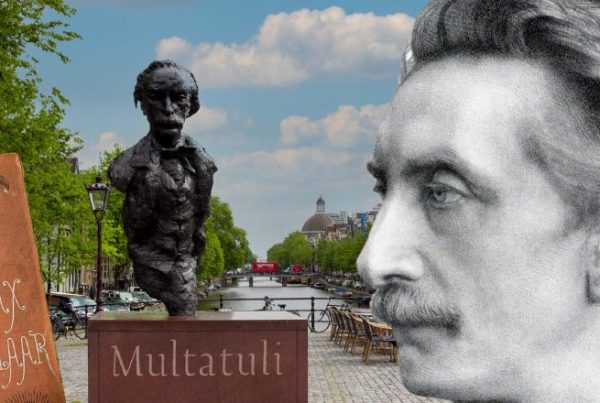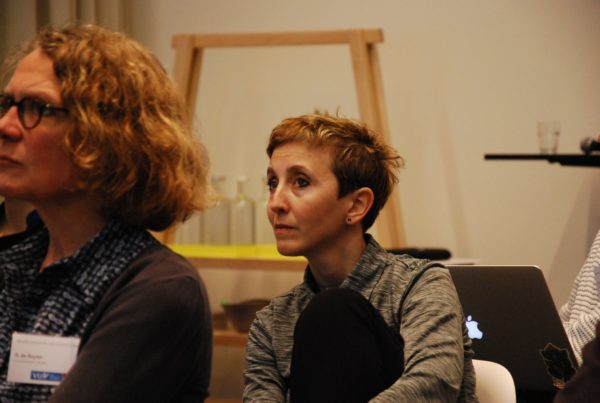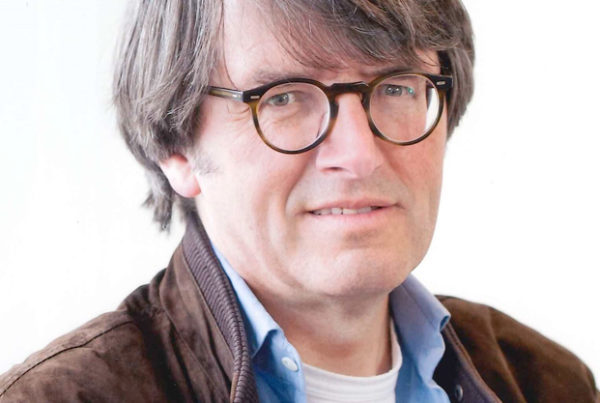Summer Seminar 2017, August 21-23
‘What the Humanities Contribute to the University’
The role of the humanities in liberal democracy
Prof. Klemens Kappel
University of Copenhagen
Abstract
A classical view on the role of science in liberal democracy dates back at least to Weber, and holds roughly that there should be a distinctive division of cognitive and deliberative labor in democratic decision-making. Science should, so to speak, supply the facts when they are not otherwise obvious, but remain neutral on political questions. Political decisions, on the other hand, should be made by democratic institutions, where these institutions should remain respectful of the facts provided by the scientific institutions.
This classical framework (as I will call it) for the role of science in liberal democracy is widely accepted among scientists and policy makers, but at the same time widely criticized and even derided among philosophers of science, sociologists of science, and policy scholars, not to mention cynical politicians and opportunistic scientists. The main philosophical objections are that it is based on untenable distinctions between facts and values, or presuppose utopian ideas of a value free science, or outdated notions of truth. Historically, more sweeping objections have been based on rejections of the very idea of a liberal democracy, and maybe this type of objection is no longer of mere historical interest.
I believe that if we accept the ideal of liberal democracy, then we should want scientific institutions that conform to the classical framework, given that our actual political system is sufficiently close to a well functioning liberal democracy. I also believe that in so far as natural science and social science is concerned, then the framework is defensible against the broad swath of philosophical objections leveled against it: the division of labor central to the framework does not rest on implausible ideas about the separation of facts and values, and it does not require that should be value-free in a way it cannot be.
Yet, the framework raises questions of interpretation for the humanities, on the widely believed assumption that the humanities differ from both natural and social science. Given that we accept the framework, what is the distinctive role (if any) of the humanities in liberal democracy? Are there reasons why the humanities should be exempt from the strictures of the framework, or does it apply to the humanities as well? If it does, how should university researchers in the humanities conduct their research, teaching and public outreach, and their interaction with researchers from other fields to stay within the framework?
Short bio
Klemens Kappel is professor of philosophy and chair at the philosophy section at the University of Copenhagen, Denmark. He is working in the areas of social epistemology, political philosophy and bioethics. He currently works on problems in social epistemology including disagreement, higher order evidence, trust, and questions concerning political legitimacy and factual disagreement.
Would you like to attend this presentation as well as the whole Summer Seminar?
Find more information here.




